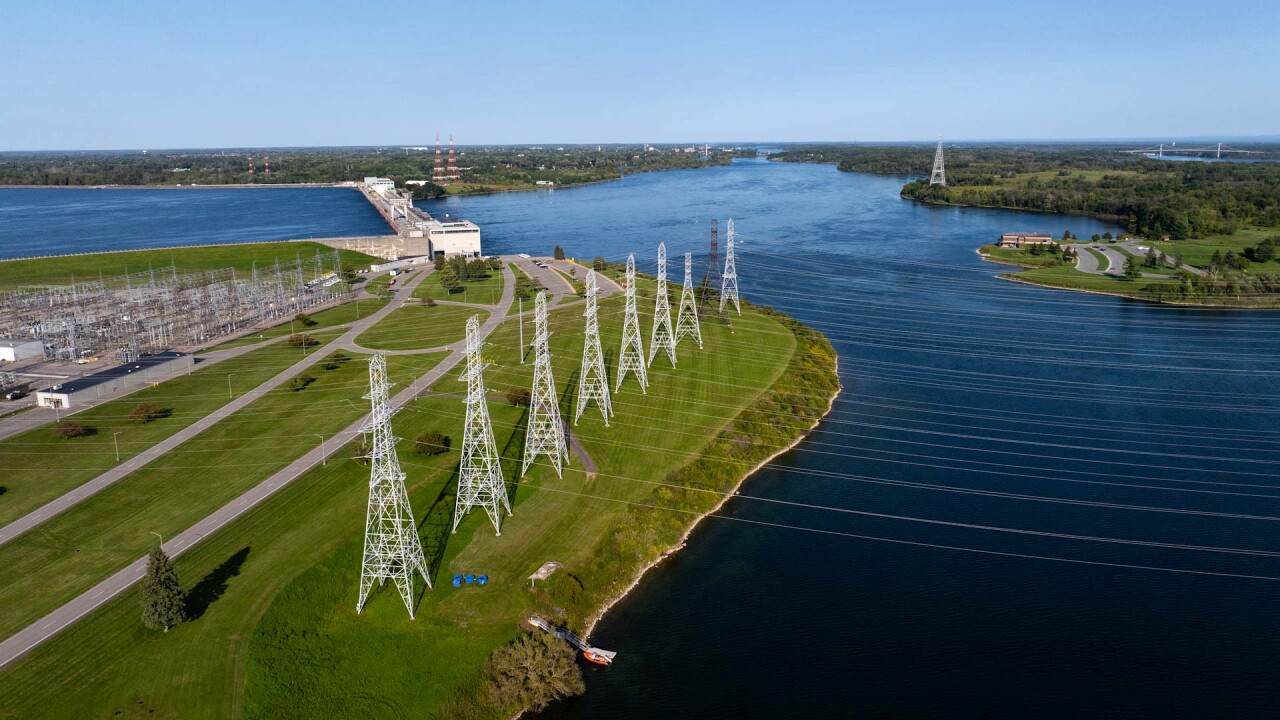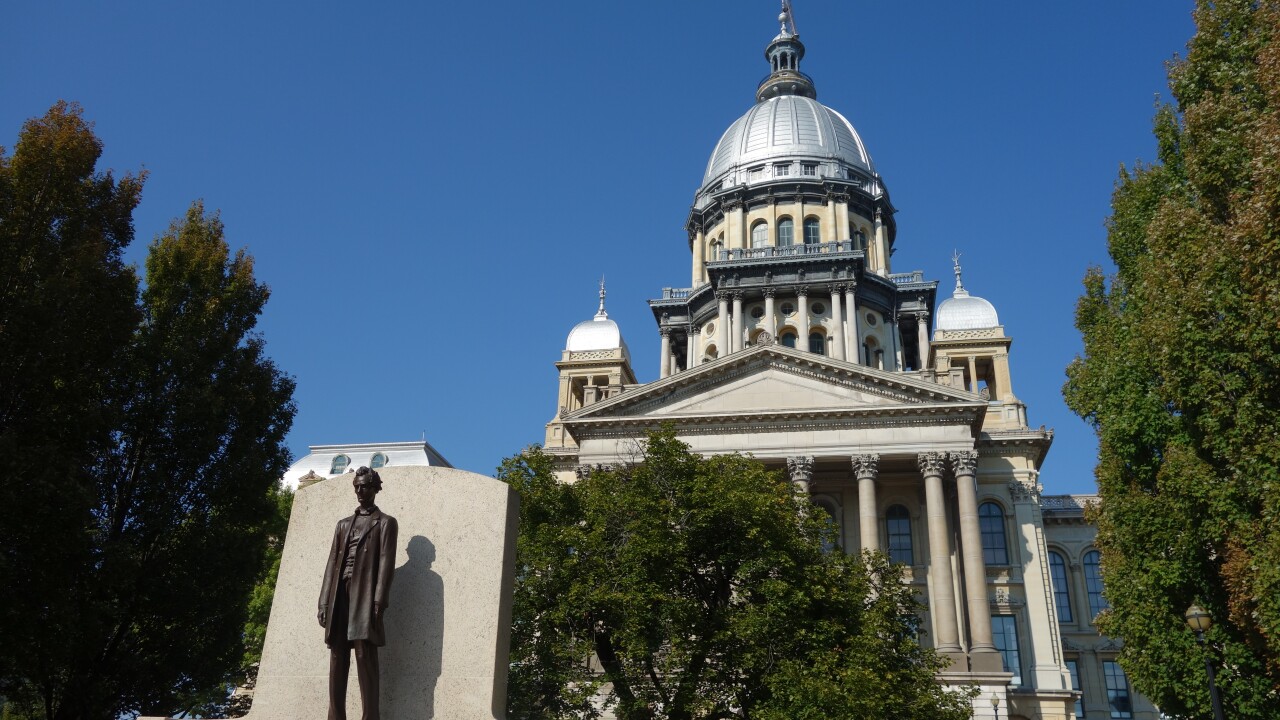A proposal in Congress to allow Puerto Rico to cancel its unsecured debt received a strong rebuke Tuesday from critics who said it would make any future borrowing more expensive and difficult.
The proposal, criticized during a hearing of the House Natural Resources Committee, is highly doubtful to become law in the coming months given the limited number of days Congress will be in session the remainder of the year.
As such, it appears unlikely to derail the territory’s Title III bankruptcy reorganization which remains on track for court approval next year.

Other parts of a discussion draft of possible amendments to the 2016 Puerto Rico Oversight, Management, and Economic Stability Act (PROMESA) could become law sometime next year if they manage to develop bipartisan support.
But their relevance will diminish after the Oversight Board completes its work.
In any event, it’s unlikely Congress can reach a bipartisan consensus before then on anything but cosmetic changes to the 2016 law.
The draft under discussion Tuesday was circulated several weeks ago by Democratic Rep. Raul Grijalva of Arizona, chairman of the Natural Resources Committee.
Tuesday’s hearing will be followed by another next week with testimony from nonprofits, labor unions and private sector representatives.
The committee then is expected to rewrite the draft for later consideration at another meeting to markup the bill sometime after Thanksgiving or in early 2020.
“Democrats would have written a different law if we were in the majority,” Grijalva said. Republicans controlled the House at the time of PROMESA's enactment.
One provision of the discussion draft would allow the territory to discharge its unsecured debt once every seven years by a vote of its legislature.
Natalie Jaresko, executive director of the Puerto Rico Financial Management and Oversight Board, testified that proposed unsecured debt discharge language “may make it harder and more expensive for the board to restructure Puerto Rico’s debt.”
Jaresko said other language that would define essential public services “provides ammunition to those arguing and litigating that the board should be limited to funding only those services that are essential and at a minimum.”
Leaders of Puerto Rico’s legislature who also testified Tuesday likewise objected to the effort to define essential services, saying that is their role.
“It should be the people of Puerto Rico who determine what essential services area,” Eduardo Bhatia Gautier, minority leader of the Puerto Rico Senate, said in response to a question from Rep. Darren Soto, D-Fla.
He added that the residents of Soto’s district in Orlando, Fla. decide what essential services are for themselves.
“We agree that certain parts of the discussion draft would improve PROMESA,” Jaresko said, citing a requirement that would expand disclosure of potential conflicts of interest by professionals involved in the Title III bankruptcy reorganization.
Another provision that would create a position for an economic redevelopment coordinator had broad opposition from the Puerto Rico officials who attended the hearing. Some, however, were receptive to the position if it is limited to facilitating the faster expenditure of federal money for reconstruction in the wake of Hurricane Maria.
Members of Puerto Rico’s legislature indicated they support a proposal for an independent audit of the territory’s finances, but Marrero and Jaresko voiced opposition.
"An audit can take many forms,” said Marrero. “So the most important part Puerto Rico would like to know is if some of the issuance was invalid or was illegal. If it was illegally incurred, what are the rights and remedies for that.”
The Oversight Board released a report in 2018 conducted by an international law firm that looked at that.
“However, we are already three years into this game,” Marrero said. “Our concern is that, an audit or a comprehensive audit done by a new body, a new entity, how are they going to be chosen? That will take time sir, and that will take years. And our specific objective is to comply with PROMESA and get out of bankruptcy as soon as possible because that’s the only way the people of Puerto Rico will be better off.”
Jaresko told The Bond Buyer that the audit conducted at the Oversight Board’s request “has looked at different issuances, the validity of those issuances.”
“As a matter of fact, as a response to that audit/review, the special claims committee has filed to invalidate $6 billion in general obligation bonds,” Jaresko said. “We’ve also, as a result of that report, looked at the practices that led to this specific overborrowing and incorporated them into a debt management policy to try and avoid it ever happening again. I think the huge benefit that comes from doing an audit are those. And we’ve accomplished them.”
Jaresko added, “I don’t know what incremental additional value the people of Puerto Rico would get from spending that additional money.”
Republican Rep. Louis Gohmert of Texas questioned Jaresko’s background overseeing the debt restructuring, asking her how she was hired and about her earlier role as an economic minister for the Ukraine.
Jaresko said she was contacted by a recruiting firm and hired by the seven member Oversight Board. Her position in the Ukraine came as a result of serving as an economic attache for the United States and her background as a Ukranian American.
She told Gohmert she had no knowledge at the time of the events under investigation by Congress in connection with President Trump’s effort to link former Vice President Joe Biden to corruption there.





